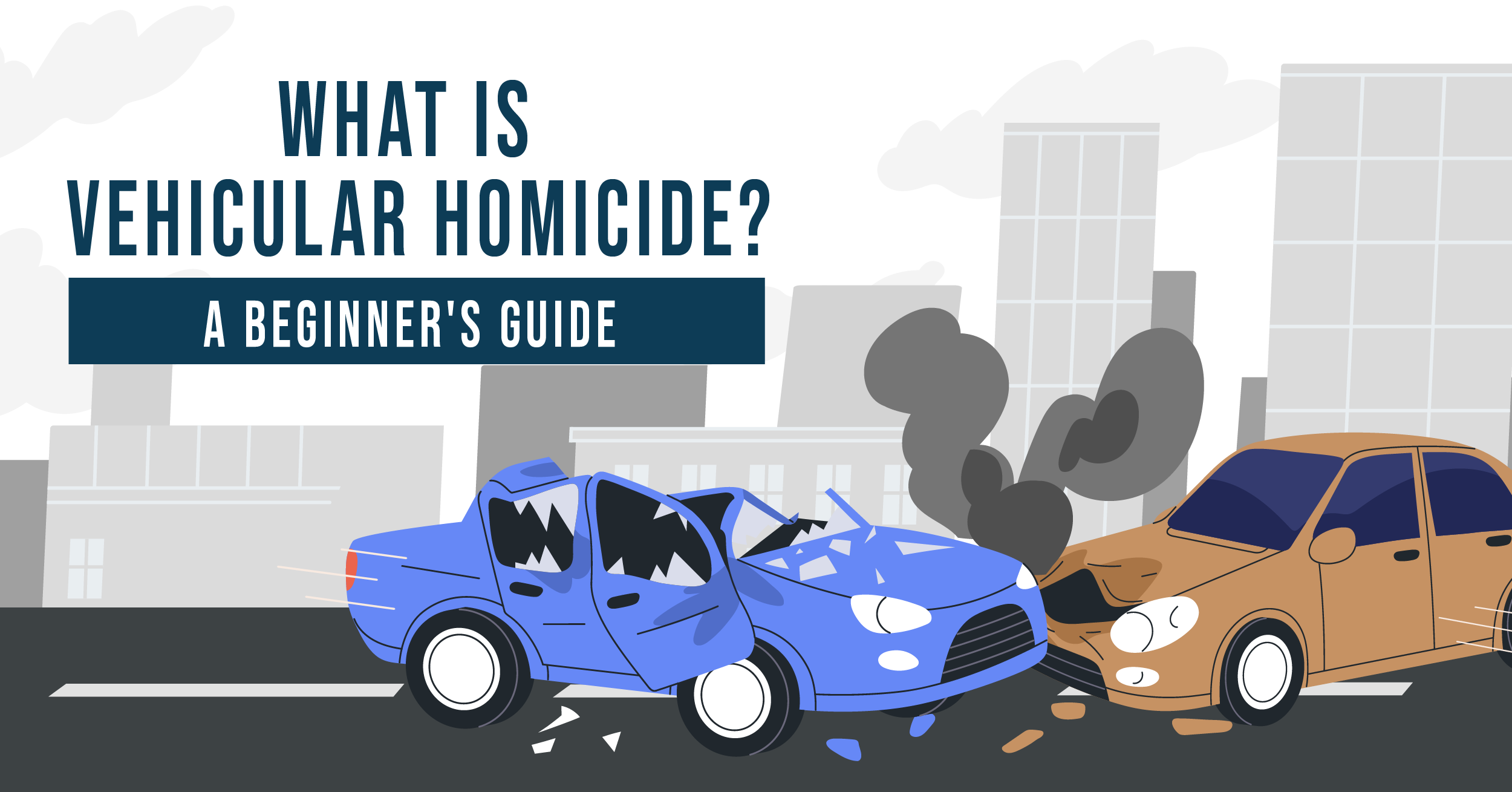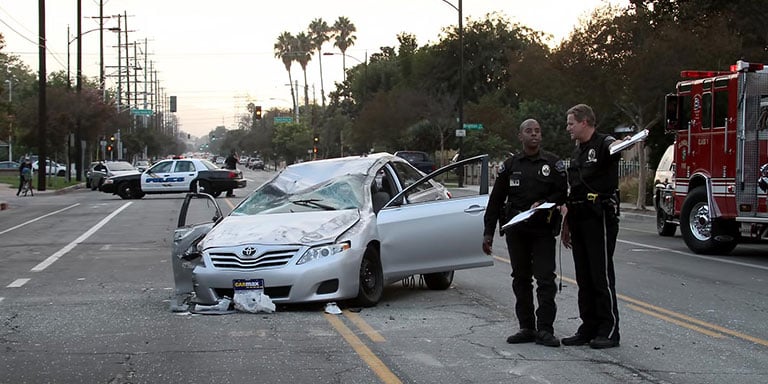If you’re facing the unthinkable or trying to understand the law after a tragic incident, you might be asking a critical legal question: is DWI vehicular homicide a 2nd degree felony? It’s a heavy topic, and for good reason. This charge carries immense legal weight—and it often arises in some of the most emotionally charged circumstances imaginable. The combination of intoxication and a fatal accident creates a legal storm where emotions, evidence, and statutes collide.
In this in-depth guide, we’ll break down what DWI vehicular homicide means, how Texas law treats the charge, and whether or not it qualifies as a 2nd degree felony. We’ll walk you through the legal framework, highlight key differences between similar charges, and explain what happens when the law meets real-life tragedy. We’ll also explore courtroom outcomes, sentencing consequences, and what defense strategies might look like in these cases.

What Does DWI Vehicular Homicide Mean in Legal Terms?
Let’s start with the basics. The term “DWI vehicular homicide” refers to a situation where someone is driving while intoxicated (DWI) and causes the death of another person. In Texas, the legal system doesn’t technically use the phrase “vehicular homicide” as a formal charge. Instead, the applicable statute is called intoxication manslaughter under Texas Penal Code § 49.08. This law is designed to hold impaired drivers accountable for fatal outcomes, regardless of intent.
So while people often ask, “is DWI vehicular homicide a 2nd degree felony?”—what they really mean is, “what is the felony classification for intoxication manslaughter?” Understanding this distinction is key when evaluating the seriousness of the charge and the possible legal consequences.
Defining Intoxication Manslaughter
Under Texas law, intoxication manslaughter occurs when:
- A person operates a motor vehicle in a public place while intoxicated
- As a result of that intoxication, another person is killed
It doesn’t matter if the driver intended to harm anyone. The law focuses on the act of intoxication combined with the fatal outcome.
So—Is DWI Vehicular Homicide a 2nd Degree Felony?
Yes, in most cases, DWI vehicular homicide—also known as intoxication manslaughter—is classified as a 2nd degree felony in Texas. This means the punishment range is:
- 2 to 20 years in state prison
- A fine up to $10,000
- Mandatory community supervision or probation in some cases
- Driver’s license suspension of 180 days to 2 years

The key takeaway is this: a conviction results in prison time, and often significant time behind bars—even for first-time offenders with no prior criminal history.
Real-Life Story: One Night, One Mistake, One Felony
Consider Jake, a 24-year-old college graduate who had just landed his first job in Dallas. One weekend, Jake went out with friends and had a few drinks. Feeling “fine,” he got behind the wheel. A mile from home, he ran a red light and t-boned another car, killing the driver instantly.
Jake’s BAC registered at 0.10—above the legal limit. He was arrested for DWI and later charged with intoxication manslaughter. Jake had no intent to harm anyone. But under Texas law, that didn’t matter. The act of driving while intoxicated and causing death triggered a 2nd degree felony charge.
Jake ultimately accepted a plea deal: 10 years in prison, with the possibility of parole. His story isn’t unique. It’s a sobering reminder of how fast a fun night can turn into a felony conviction—and why understanding the question “is DWI vehicular homicide a 2nd degree felony” is more than just academic.
When DWI Vehicular Homicide Becomes a 1st Degree Felony
Here’s where things get more complicated. While intoxication manslaughter is generally a 2nd degree felony, certain aggravating factors can bump it up to a 1st degree felony, which carries harsher penalties (up to 99 years in prison). These enhancements reflect the increased severity or public impact of the offense, making the consequences far more serious than a standard DWI-related fatality.
Aggravating Factors That Elevate the Charge
- Victim is a peace officer, firefighter, or emergency medical personnel performing official duties
- Multiple deaths or serious injuries are involved
- Use of a deadly weapon (yes, a car counts)
When any of these elements are present, the prosecution may seek enhanced sentencing. This doesn’t change the charge itself but does affect the range of punishment and how the court treats the case. Judges often take these details into account during sentencing, and juries may be more likely to convict when the victim holds a protected role.
Intoxication Manslaughter vs DWI Vehicular Homicide: Key Differences
Many people confuse DWI vehicular homicide with similar charges. Here’s how they differ under Texas law:
Intoxication Assault
- Occurs when someone is seriously injured—not killed—as a result of a DWI
- This is a 3rd degree felony
- Punishable by 2 to 10 years in prison
Criminally Negligent Homicide
- Applies when a person causes death through gross negligence, but not necessarily intoxication
- This is a state jail felony
- Often used when intoxication can’t be proven but negligence is clear
Manslaughter (Non-Intoxication)
- A broader charge that does not require intoxication
- Often applied when reckless behavior results in death
- Also a 2nd degree felony
Knowing these distinctions is vital. Not every fatal DWI results in an intoxication manslaughter charge—but if intoxication can be proven, that’s usually the go-to statute for prosecutors.
The Role of Intent in DWI Vehicular Homicide Cases
A common misconception is that because there’s no “intent to kill,” the driver can’t be charged with a felony. But that’s not how Texas law works. The justice system focuses on the conduct and its consequences, not just the mindset of the driver at the time of the incident.
Intoxication manslaughter is a strict liability offense. That means the prosecution doesn’t need to prove that the defendant meant to harm anyone. The act of driving drunk—combined with a fatality—is enough. This eliminates many common defenses that might be used in other types of homicide cases.
This is why the charge carries such weight. It treats DWI as a decision with foreseeable risks, even if the person didn’t think they were too impaired to drive. Courts see the act of getting behind the wheel while intoxicated as inherently dangerous, which justifies the severe legal response when tragedy results.
How Prosecutors Build a Case for DWI Vehicular Homicide
If you’re facing this charge—or helping someone who is—it’s important to know how the prosecution approaches it.
Key Elements of Proof
- Intoxication: Proven through breath, blood, orfield sobriety tests
- Causation: The state must show that the intoxication directly caused the death
- Operation of a Vehicle: In a public place, at the time of the crash

If any of these elements are missing, the case may be vulnerable. This is where defense strategy becomes critical.
Defense Strategies in DWI Vehicular Homicide Cases
The stakes are high, but so are the legal defenses. If you’re wondering how to respond to a charge and whether DWI vehicular homicide is a 2nd degree felony, you also need to know what options might exist to fight the charge.
Common Defense Approaches
- Challenging the BAC test (improper administration, faulty machine)
- Questioning causation (other driver was at fault or weather contributed)
- Disputing evidence chain of custody
- Medical defenses (e.g., rising BAC, medication interactions)
- Procedural errors by arresting officers
These defenses don’t guarantee dismissal, but they can weaken the state’s case enough to reduce charges or negotiate a more favorable plea.
Sentencing and Life After Conviction
For someone convicted of DWI vehicular homicide as a 2nd degree felony, the sentence can be devastating. But life doesn’t end at sentencing. Some defendants receive probation, especially on first offenses. Others are eligible for parole after serving a portion of their time. The exact outcome often depends on the facts of the case, the judge’s discretion, and the quality of legal representation during sentencing.
Texas law also allows for community supervision, rehabilitation, and in some counties, DWI courts that combine punishment with treatment. These alternative sentencing options aim to reduce repeat offenses and promote accountability through structured recovery programs, especially when substance abuse is a driving factor in the crime.
Real-World Impact: Families on Both Sides
DWI vehicular homicide cases affect more than the driver—they shatter families on both sides. The victim’s family suffers a permanent loss. But the defendant’s family often suffers too, as a loved one faces years behind bars for a mistake made in moments.
Understanding the charge isn’t just about legal codes—it’s about recognizing the human cost and learning from it.

Final Thoughts: Knowledge Is Power
So, is DWI vehicular homicide a 2nd degree felony? In Texas, the answer is yes—unless aggravating factors elevate it. But the more important question is: What can you do about it? Whether you’re navigating the court system as a defendant, a grieving family member, or someone trying to understand how the law works, knowing the classification, consequences, and defenses is critical.
Laws like intoxication manslaughter are designed to hold people accountable—but also to create a legal structure for justice. If you or someone you love is involved in such a case, don’t wait. Get legal counsel. Learn the terminology. Understand your rights.
Because when tragedy meets the law, only knowledge and strategy can protect your future.

